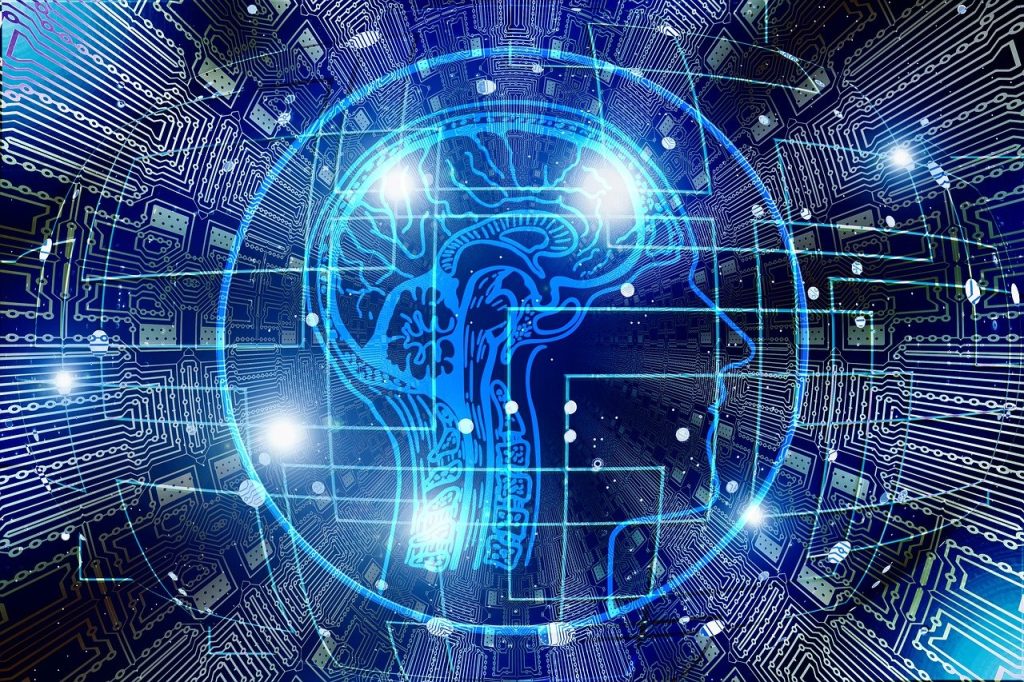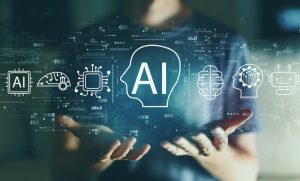Artificial Intelligence’s Drawbacks in Healthcare System

Marzyeh Ghassemi, a collaborator and researcher, is looking into how stored predispositions in healthcare data could make people think twice when intelligence approaches.
Ghassemi wrote a couple of papers while working on her computer science dissertation at MIT about how artificial intelligence methods might be utilized in medical data to predict outcomes for patients. “It wasn’t until the completion of my Ph.D. study that one of my members of the board said, ‘Did you perpetually verify how fine your formula works among different groups?’ ” – said Ghassemi
For he, who’d lately examined the overall presentation of models among all sufferers, that query was instructive. When she took a nearer expression, she discovered that models sometimes operated in an unforeseen – and more undesirable – way for people of color, a disclosure that shocked her. She claims that she had not even realized the connection ahead of schedule that health discrepancies would cause an assessment of clearly to indicate anomalies. Furthermore, considering that I am a perceptible minority woman working as a distinguished PC researcher at MIT, She is confident that numerous others were unaware of this.
All of it boils down to statistics, especially when the AI equipment in question prepares itself by managing and digesting massive amounts of data. In any case, the knowledge they are provided is built by people who are unsure of themselves and their choices may be influenced by the manner they interact with sufferers based on their oldness, sexuality, and nationality without even realizing it.
Besides, there is still a great deal of susceptibility associated with illnesses. Doctors who have spent time in the same clinical institution can and habitually do strike down regarding a participant’s outcome, according to Ghassemi. It is not the same as instances where existent AI algorithms are dominant, such as content recognition projects, where almost everyone on the earth will settle that a machine learning algorithm is superior.
In games such as chess and Go, in which both the concepts and the “victory criteria” are evidently defined, AI computations have also done well. Specialists, on the other hand, do not always correspond to the instructions for medical therapy, and the ideal state of being stable isn’t universally accepted. Ghassemi emphasizes that experts understand what it’s like to be disabled and that we have the greatest information to the people when they’re sickest. In any event, we don’t collect a plethora of info from people who are well because they are more hesitant to contact experts at that time.
Perhaps mechanical contraptions can subsidize inaccurate data and therapy discrepancies. In contrast, those that have been tested primarily on fair-skinned persons, do not truthfully measure oxygen saturation in dark-skinned people. Furthermore, these flaws are particularly pronounced when oxygen levels are low – and, more importantly, when exact measurements are often poor. Ghassemi & Nsoesie further point out that women are more at risk with “metal-on-metal” joint replacements, owing to anatomical differences that aren’t reserved into account in the implantation design.




